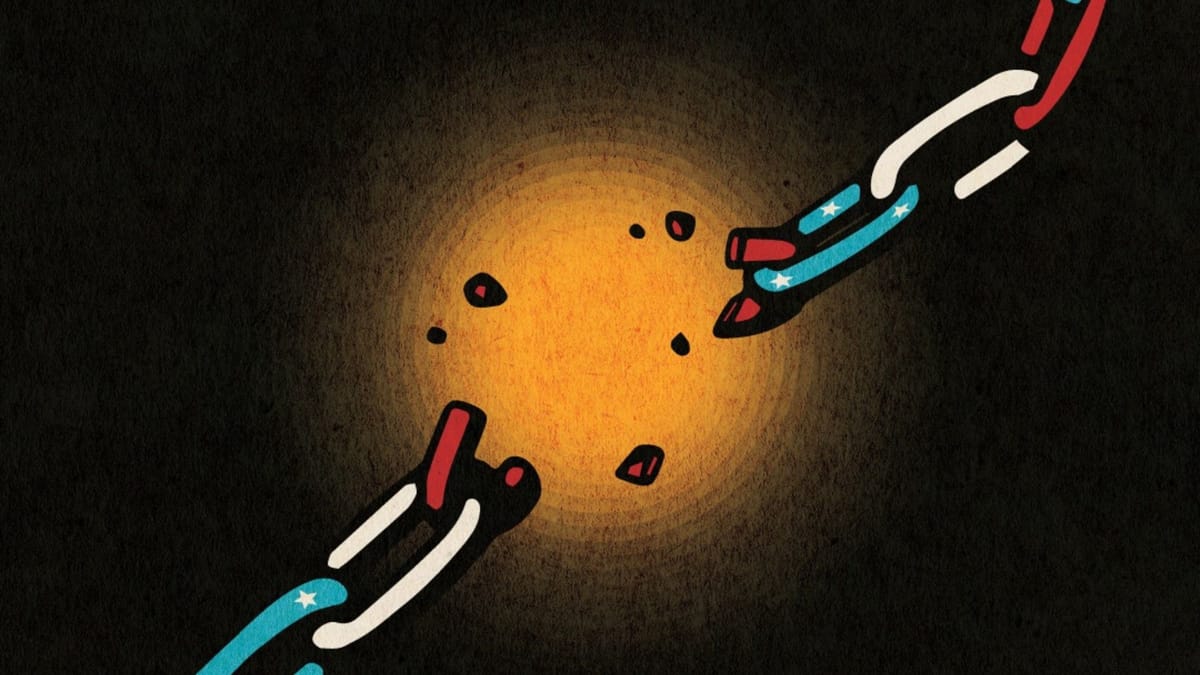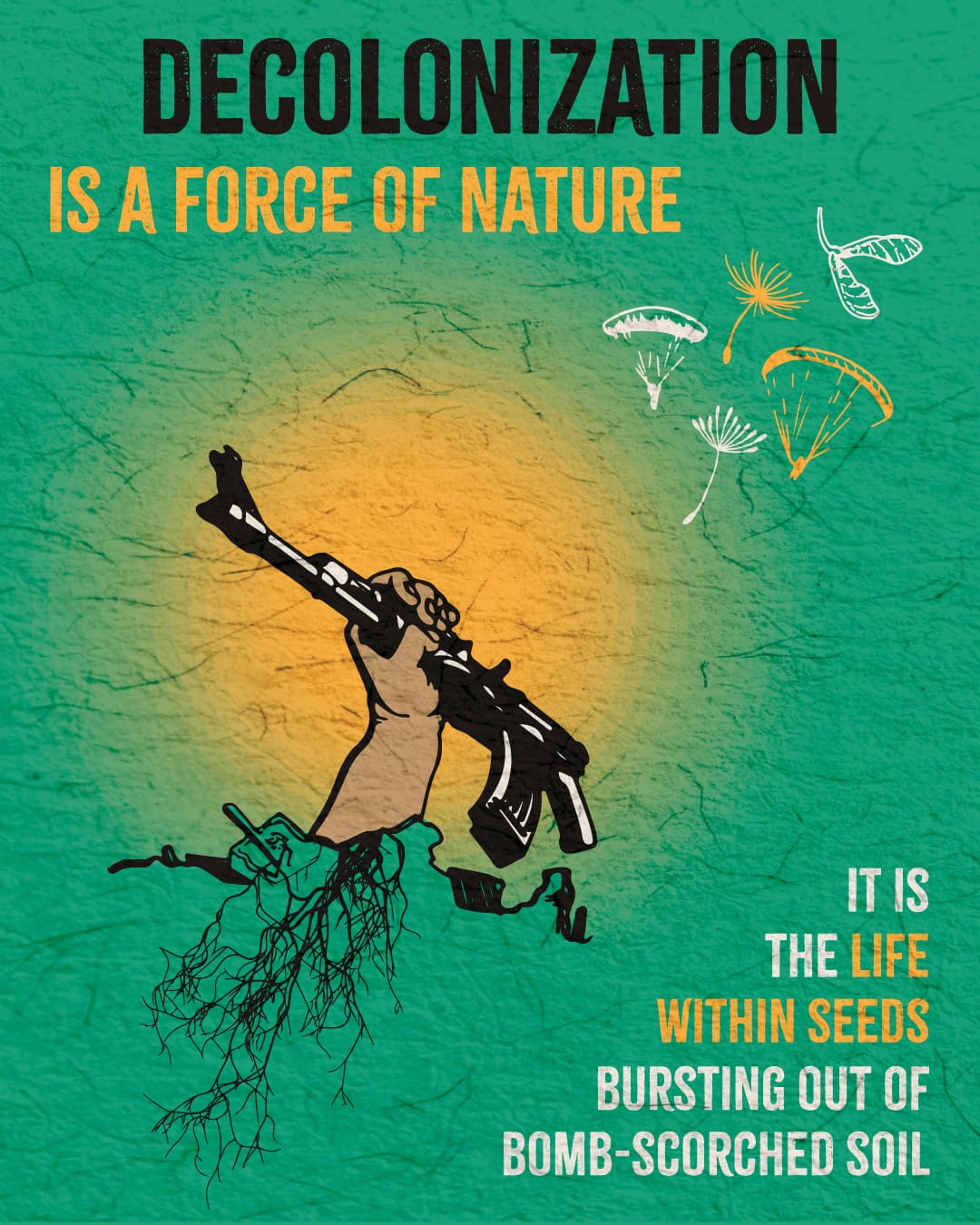TTRPGs are part of the war machine—but they don’t have to be
Is the military industrial complex at the table with us right now?

More details and links to the slashed subscription rates available on our Pledge Drive page!
Our imaginations are a site of political struggle, making TTRPGs a space with revolutionary potential. In TTRPGs, we are not bound by the constraints of life, allowing us to play freely in worlds unlike our own. We can create worlds where the limits of carceral logics, of war and imperialism, do not apply. However, even decades after its inception, the TTRPG industry has yet to free its imagination from militaristic constraints.
Dungeons & Dragons’ flirtation with war and imperialism shouldn’t be surprising. The first box set was entitled, “Dungeons & Dragons: Rules for Fantastic Medieval Wargames Campaigns Playable with Paper and Pencil and Miniature Figurines” and focused on scaffolding combat. But D&D does not engage with violence critically. In war games, players interact with armies on the group level. Individuals are nothing more than miniatures and stat blocks to be sacrificed if needed to win the battle. The success of the military is paramount. The lives of ‘the enemy’ are even less important, dehumanized to targets that must be eliminated. D&D, with its wargaming origins, not only perpetuates, but encourages this apathetic view of life as nothing more than a currency to be spent.
Our imaginations are a site of political struggle, making TTRPGs a space with revolutionary potential.
Even today, as Hasbro claims that “D&D is a game that focuses on storytelling”, the game cannot seem to escape the notion that war is inevitable, or at the very least, that the threat of war hangs above the story like the Sword of Damocles. From the very first choices players make, the game suggests that violence and combat are not just an option, but rather the most readily available and effective one. D&D’s mechanics and the assumptions of its world encourage a combat-as-default mindset. The possibility of violent escalation haunts every aspect of play, and the supposed inevitability of violence stubbornly looms over every choice. War is never something the players are allowed to forgo entirely.

D&D is not the only TTRPG that uses militaristic logic or treats enemy combatants as nothing more than fodder for the players’ violence. Pathfinder, arguably D&D’s largest competitor, perpetuates the same militaristic assumptions as its predecessor. Similarly, Shadow of the Demon Lord, one of DriveThruRPG’s most popular games, invites players to kill horde after horde of demons. Meanwhile, on itch.io, popular TTRPGs include the shooter-inspired LUMEN, which describes enemies as existing solely because “[t]he PCs need something to kill.” There are consequences to the fact that many TTRPGs ask us to play within the constraints of their unquestioning violence. If games are limited and bound by militaristic logic, we risk those imaginary constraints bleeding insidiously into our lives outside of play. We need only look at the TTRPG industry to see this in action.
This doesn’t mean we can never engage with these themes, lest we become imperialists. Violence is a means to an end and violent resistance to oppressive systems is historically how political progress has been made.





